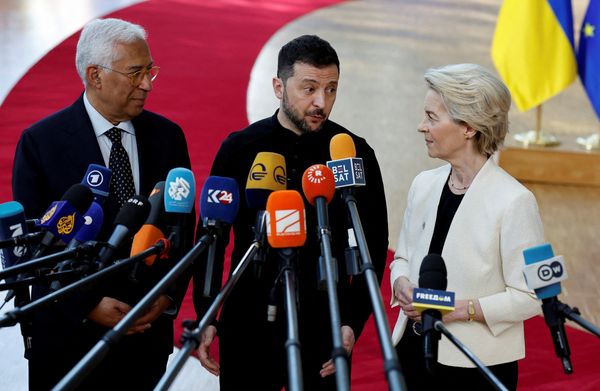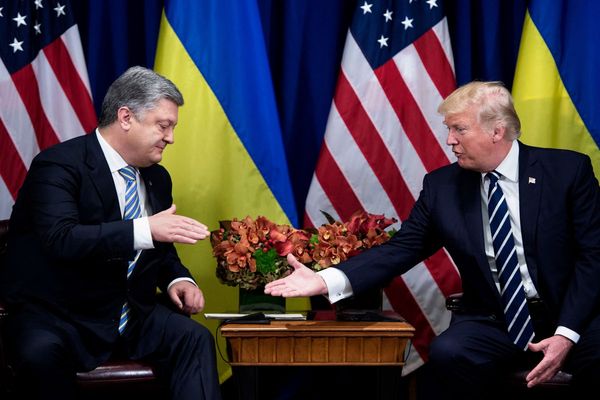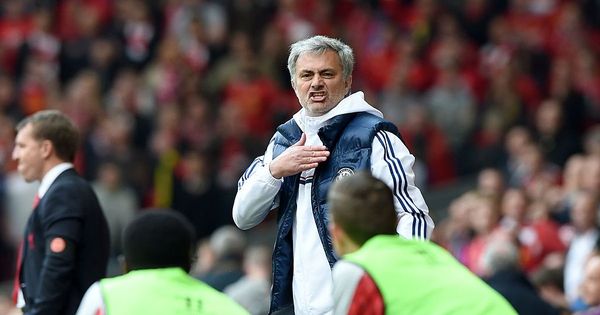
Sun Tzu’s The Art of War has proved inspirational beyond its intended military audience in the 110 years since it was first translated from Chinese into English.
A quick look at the self-help shelves of any bookstore emphatically proves that point with the work inspiring strategies on everything from art to business to seduction.
Now, thanks to US-based British football coach Liam Shannon we can add football to the list.
Shannon’s Sun Tzu Soccer: The Art of War in Soccer Language & Scenarios was released this month and quickly shot up the Amazon charts.
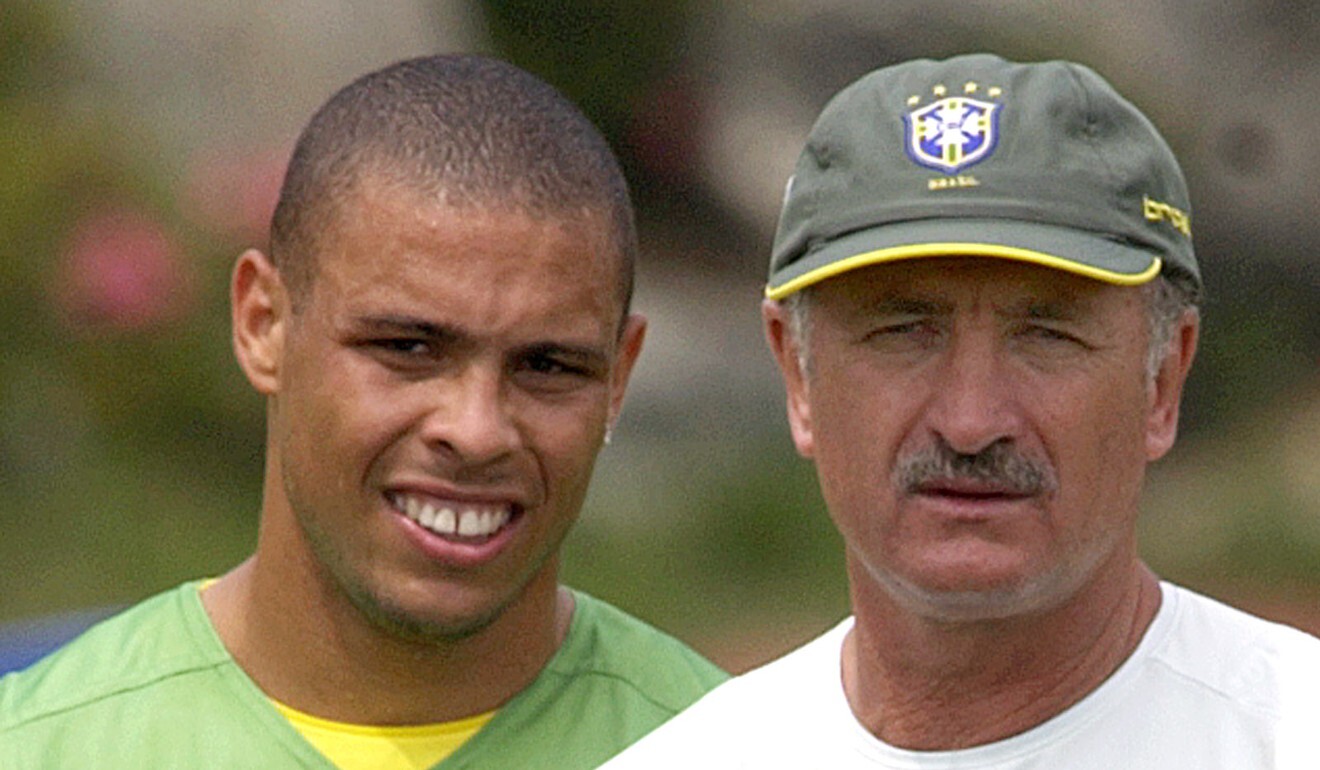
While Shannon has found a gap in the market, football has turned to Sun before.
Brazil coach Luiz Felipe Scolari used the book with his 2002 Fifa World Cup squad, printing out passages and sliding them under the hotel room doors of his players. As Shannon notes in the preface, they won that tournament.

“I used the book during my preparations,” Scolari said. “Sometimes a different approach like this can help.”
Shannon also noted that much of Sun’s work sounds a lot like the thinking of former Barcelona manager and renowned football philosopher Johan Cruyff.
The Dutchman’s quote about religion – “I’m not religious. In Spain all 22 players make the sign of the cross before they enter the pitch. If it works all matches must therefore end in a draw” – echoes Sun’s advice to “Prohibit the taking of omens and do away with superstitious doubts”, for example.
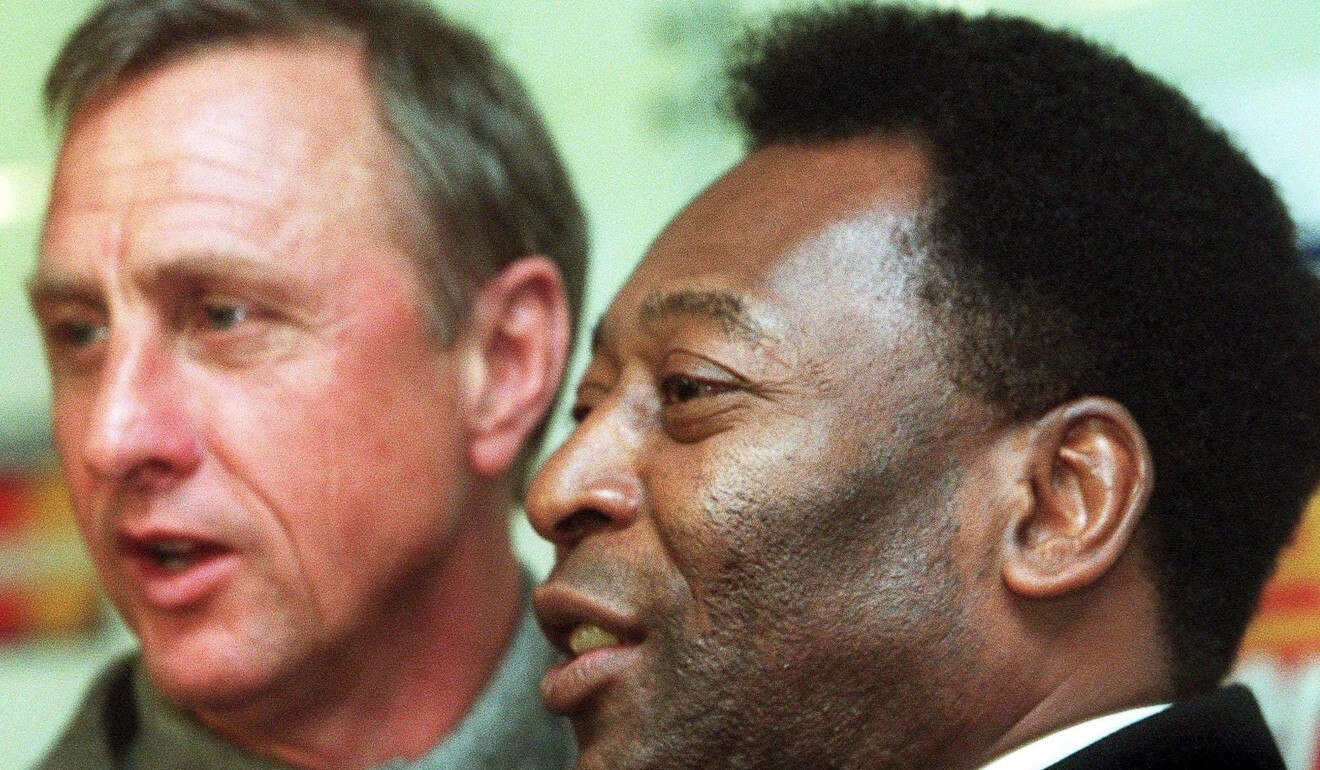
“The skilful coach wins games by making no mistakes. Making no mistakes is what guarantees victory, as it means beating an opponent that is already defeated”, is another such example among Shannon’s favourite translations.
The original Sun Tzu verse is: “He wins his battles by making no mistakes. Making no mistakes is what establishes the certainty of victory, for it means conquering an enemy that is already defeated.”
Shannon says: “This means a lot to me because I feel it is the verse most closely linked, indeed almost identical, to a Johan Cruyff quote, ‘Football is a game of mistakes; the team that makes the least mistakes usually wins’. It also perfectly reflects my personal playing and coaching philosophy regarding ball possession and intelligent decision-making. Don’t lose the bloody ball.”
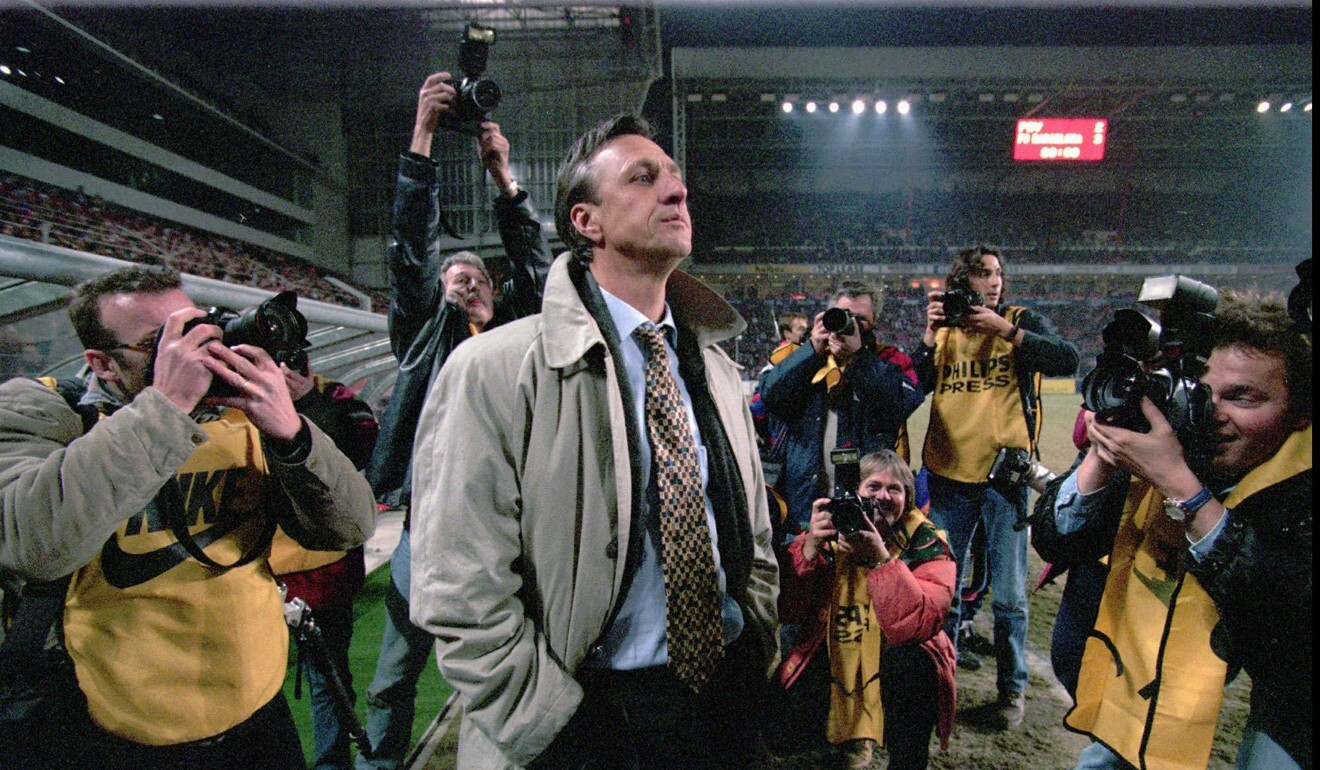
Shannon pointed to another translation – “As water shapes its course over the specific ground it flows over; so tactics should be adapted to the particular opposition one faces” – that stands to him as it “reminds me of Bruce Lee and his attitude”.
It’s a simple concept. Shannon has translated as much of Sun’s work as he could – he puts the figure at 80 to 90 per cent and had no desire to force the rest. Where passages could remain unaltered he left them intact.
This is then followed with a full annotated reprinting of the original as Shannon “wanted this to be Sun Tzu’s work as much as my own”. Simple but not quick.
“Translating it was not easy, but there are definitely two other aspects that stand out as being the most difficult in terms of the book. The first was deciding on a title. The process took years – no joke. It was one of the main reasons for the delay in release. I knew I didn’t just need a name, I needed a brand.”
The other element was the marketing, which Shannon admitted he is “not an expert” in.
“I try to be philosophical about getting around to publishing the book sooner. Nine years between concept and production is a long time, but that is life. Other things happened in that period: I got divorced, got remarried, inherited three stepchildren, had a child of my own, and started my own soccer club. I had a lot going on.”
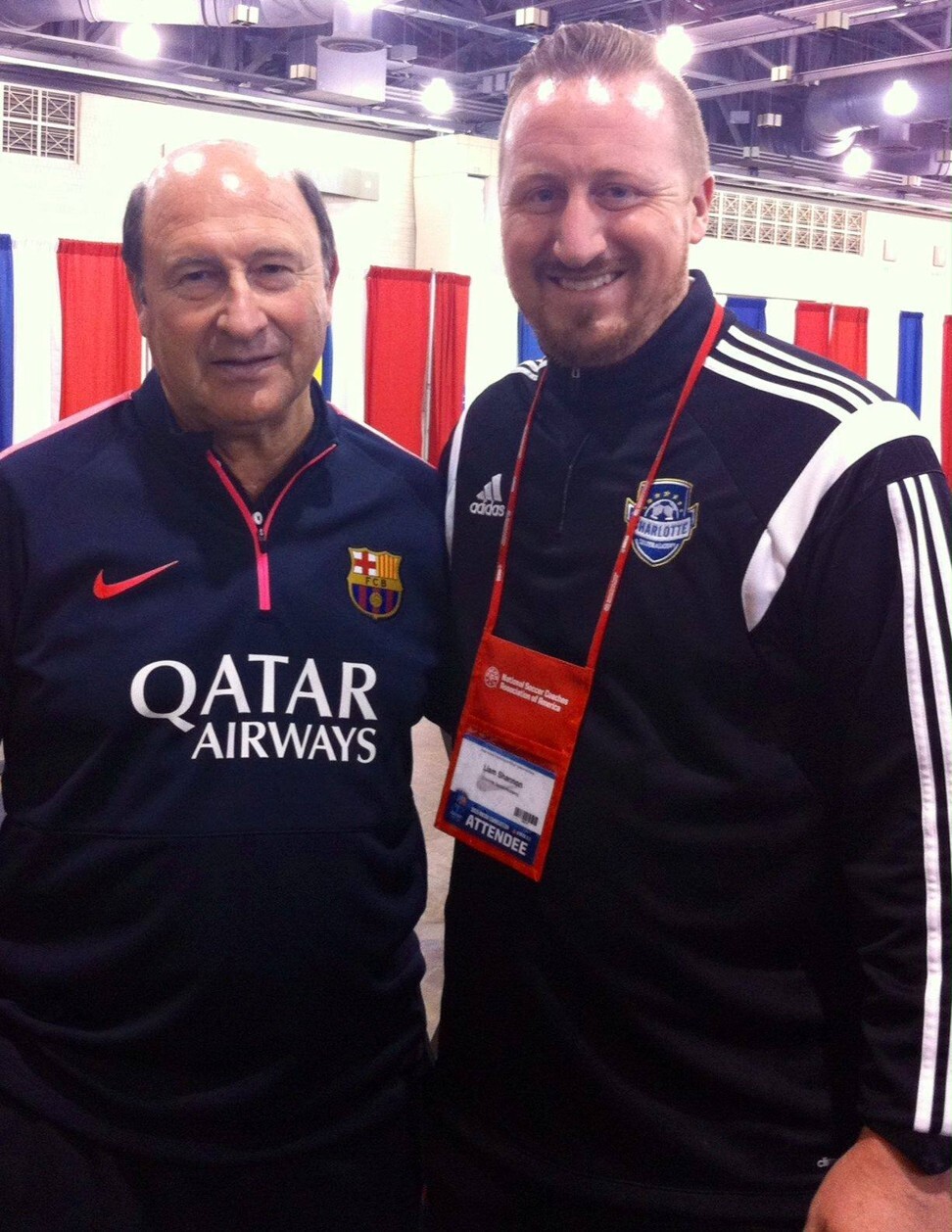
So what is Shannon’s hope for the book now it is published? Another World Cup-winning manager putting it under his players’ doors perhaps?
“I have several ideas for expansion and “spin-offs” for the book, ultimately though, I would like the material to be used as part of courses and licensing.”
Shannon also pointed to the original book still being used at leading military academies 2,500 years after it was written.

“If The Art of War is still good enough for West Point and Sandhurst, then Sun Tzu Soccer is most certainly as significant to the Uefa and Fifa.”
“But yes, the idea of a World Cup-winning manager putting passages of my work under his players’ doors during the night is definitely a dream!”




